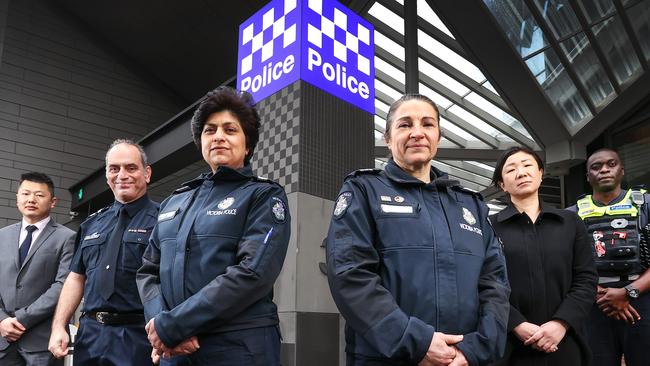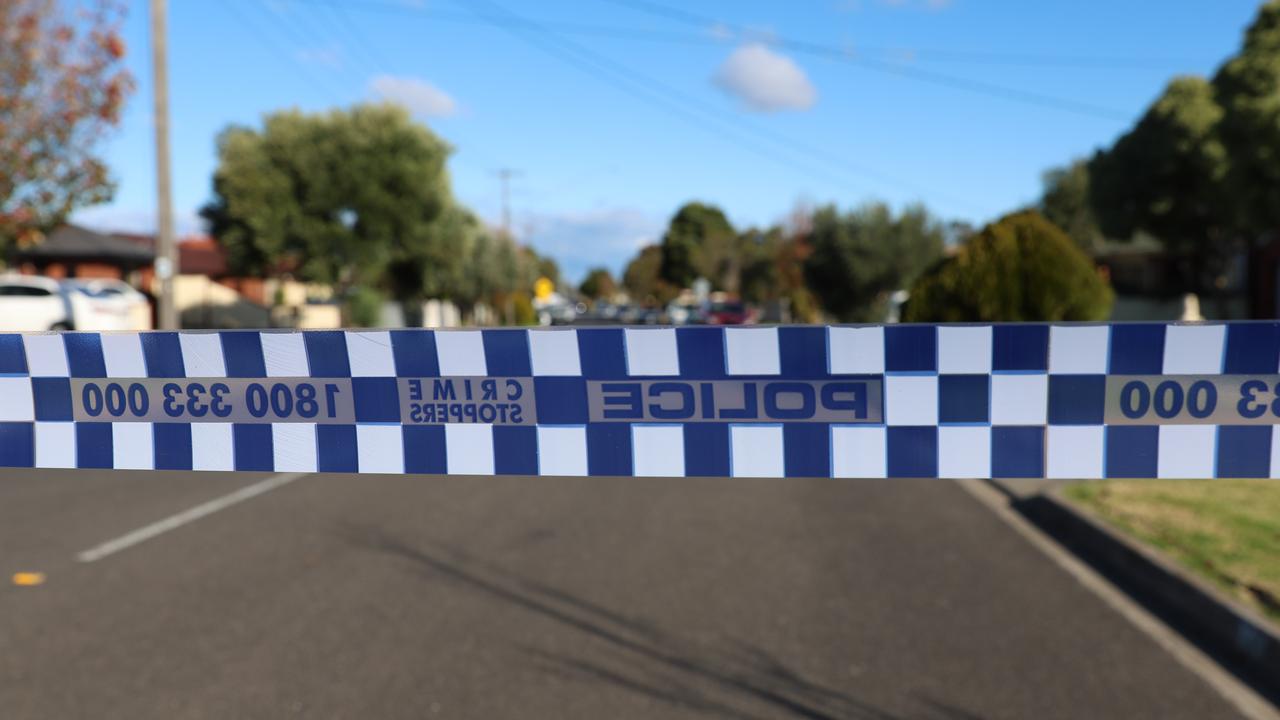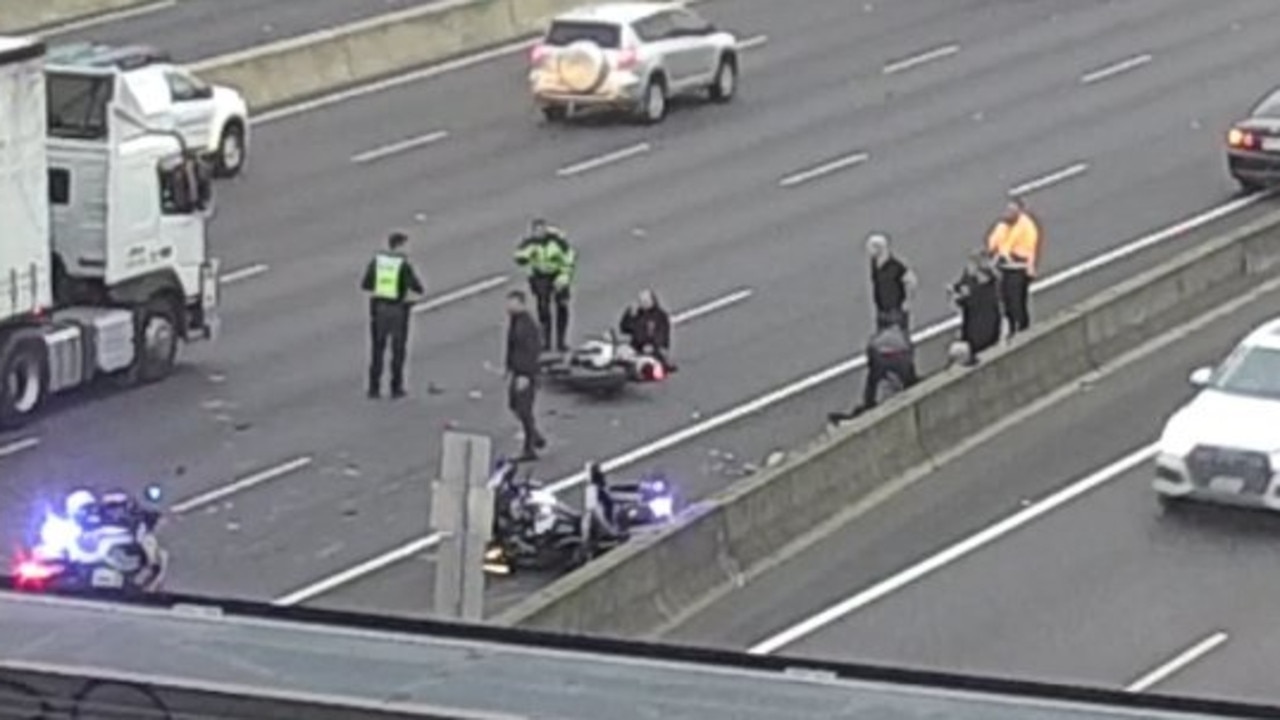Victoria Police on recruitment drive to expand force and increase member diversity
After a tumultuous 18 months enforcing lockdown restrictions, Victoria Police is on a recruitment drive in a significant expansion of the force.

Police & Courts
Don't miss out on the headlines from Police & Courts. Followed categories will be added to My News.
Victoria Police is on a recruitment drive with the aim of better reflecting Australia’s cultural diversity as its workforce undergoes significant expansion.
The force wants to improve ethnic diversity among its employees to enhance connectedness with the Victorian community, after a tumultuous 18 months enforcing lockdown restrictions.
New data shows as of June 30, a record 11 per cent of the police workforce were born overseas, while 10 per cent of employees speak a language other than English — metrics the force is keen to improve.
Victoria Police Assistant Commissioner Brett Curran said it was vital the organisation better reflected the community they policed.
“In some countries people may have a suspicion of police,” Curran said.
“Many Australian migrants come from war-torn countries or where there is corruption, or the profession is viewed as not one to aspire to.
“It is important we dispel those myths and how accepting it is of a variety of people.”
Leading Senior Constable Nektarios Parissis joined the force aged 18, when he said Melburnians were often “stunned” to come across a Greek police officer.
“In the 90s, policing was still seen to be a very Anglo-Saxon-centric profession,” he said.
“I was told, ‘Greeks don’t join the police force’ and I said, ‘why not’. It was not considered a job for us at the time.”
Constable Parissis has worked tirelessly for three decades to develop relationships with Melbourne’s diverse migrant communities.
“Many have come from communities where they see police and run the other way,” he said.
“We are supposed to be representative of the community, so the more diverse our work population is, the more it reflects the community.”
Mr Curran said the force was also keen to recruit more Indigenous officers, with the aim of improving fractured relationships.
“Given the history of our interaction with the Indigenous population, we are seen as something that is not their friend,” he said.
“We are working so hard in so many ways to improve how we interact with Indigenous Australians. When they see Indigenous police officers, they can say, my brothers and sisters are there, therefore I can trust that organisation.”
Leading Senior Constable Melissa Peters said she was proud to be an Indigenous leader within Victoria Police, currently deployed as a community engagement officer.
“Diversity is awesome, it would be boring if we were all the same,” she said.
“Our community is sceptical of police, the repercussions of the stolen generation are still very raw. We have a long way to go to bridge those gaps.
“You’re not going to gain trust without getting people within their community in the system. Unless they see someone doing it, they don’t think they can do it either.”
For Senior Constable Kenny Lin, an understanding of Chinese culture has helped him work alongside members of our Mandarin-speaking community.
“It is often not the language barrier, it is understanding the cultural barriers that exist,” he said.
“New immigrants have a mindset on how the system works in China, but it is completely different in Australia. It takes patience to explain how things work in Australia.”
Many recruits from diverse backgrounds unknowingly become trailblazers when they join Victoria Police.
Detective Senior Constable Yuki Onuma did this when she became the first Japanese woman to graduate from the Academy in 2011.
“I had no idea there were no Japanese women when I joined the force,” she said.
Being bilingual has helped her many times on the job, including communicating with victims’ families who did not speak English.
“I didn’t join police to become a Japanese police officer but there are a lot of things — serious crimes to traffic matters — that you can help with when you speak two languages,” she said.
Similarly, detective Senior Sergeant Sonali Deshpande was the state’s first female Indian police officer.
Deshpande was working as a doctor but craved a more dynamic career in police, where she has worked across counter-terror, family violence and now road policing portfolios.
“Policing wasn’t considered a women’s career (in India), but I was looking for something different,” she said.
“It is really important for police to reflect the community because it is most important we understand their needs and concerns, to achieve better outcomes.”




